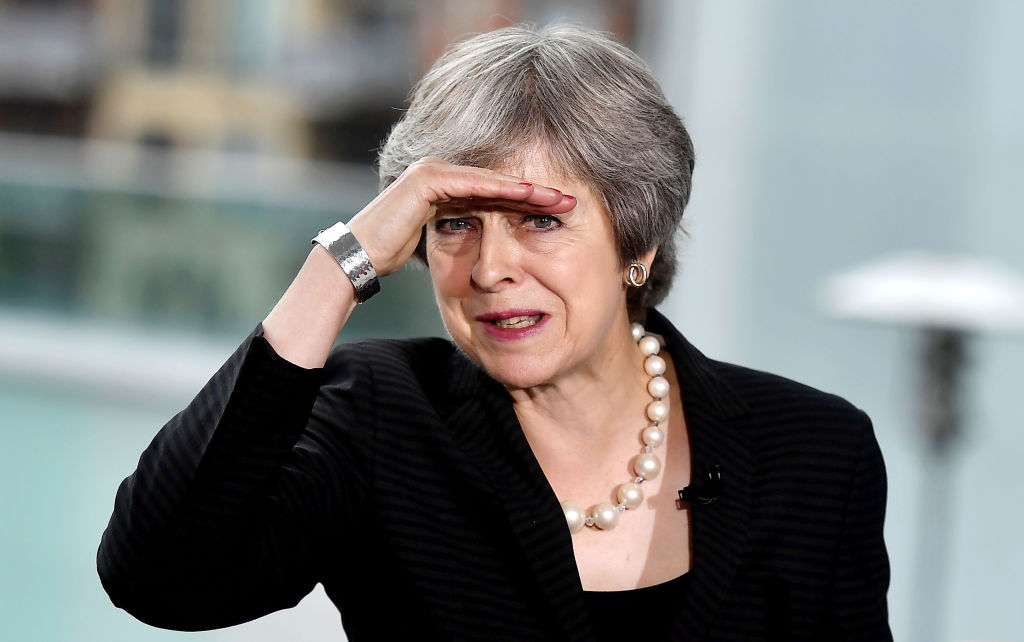Faced with the prospect of a softer Brexit, or no Brexit at all, Jacob Rees-Mogg is considering holding his nose and voting for Theresa May’s deal. Boris Johnson also appears to be considering doing the same. This shift among Tory backbenchers towards signing up to the deal seems to be contingent on May setting a date for her departure. The idea here is that with May gone, a new Prime Minister will make a big difference once the Withdrawal Agreement has passed the House of Commons. May’s successor, the thinking goes, will take a much tougher stance in the next round of negotiations with the EU. In doing so, they will be able to steer Britain on course towards a ‘real Brexit’. But take it from me: this idea is an illusion.
After all, once you are in a set EU regulatory framework it does not matter who is in charge. The framework and rules are simply applied to the point of insanity. Where there is contradiction, the rules will be interpreted against you, no matter what. All you can do is simply work within that framework and try to move forward. I know this all to well from bitter experience.
What’s more, a stronger posture by a future PM might even backfire badly. At that stage, it will be easy for the EU to mirror this hardline approach as they will hold many of the cards. This could also lead to a situation where the UK ends up stuck in the backstop even longer than the EU itself might have even hoped for. With the big eurofederalist power blocks about to take over in the European parliament, such a scenario looks all too possible.
So whatever the hopes and dreams of the ERGers, if Britain signs up to the Withdrawal Agreement the truth is that this will be the new reality for the UK. Until now, even while it negotiated to leave, the UK still had a place at the table. Once the Withdrawal Agreement is in place, then the UK will have to adhere to all and everything that is in it and risk damaging its reputation for upholding the rule of law if it tries to abandon it unilaterally. So May’s departure actually matters little; the EU will call the shots and there will be little incentive for leaders of the EU27 to have any bilateral agreement with the UK outside the set framework that has been established. When May tried to overcome this obstacle in the last round of negotiations by talking to Merkel, Macron or Rutte, she was rebuffed. There is even more reason why her replacement would also be met with stony silence. To make things harder, there will be no invitations to the EU Council – and no possibilities to influence the EU approach from the inside.
So it’s hard to agree with Jacob Rees-Mogg’s verdict that voting for May’s deal is ‘better than not leaving at all’. The DUP MP Sammy Wilson’s verdict is closer to the truth; he said that agreeing to the Withdrawal Agreement would be tantamount to ‘volunteering to be locked into the prison of the withdrawal deal with the cell door key in the pocket of Michel Barnier’. He’s right: regardless of who will be in charge in London, once the Withdrawal Agreement is in place the key will be in Brussels.
Johannes de Jong is director of Sallux, the think tank of the European Christian and Political Movement






Comments